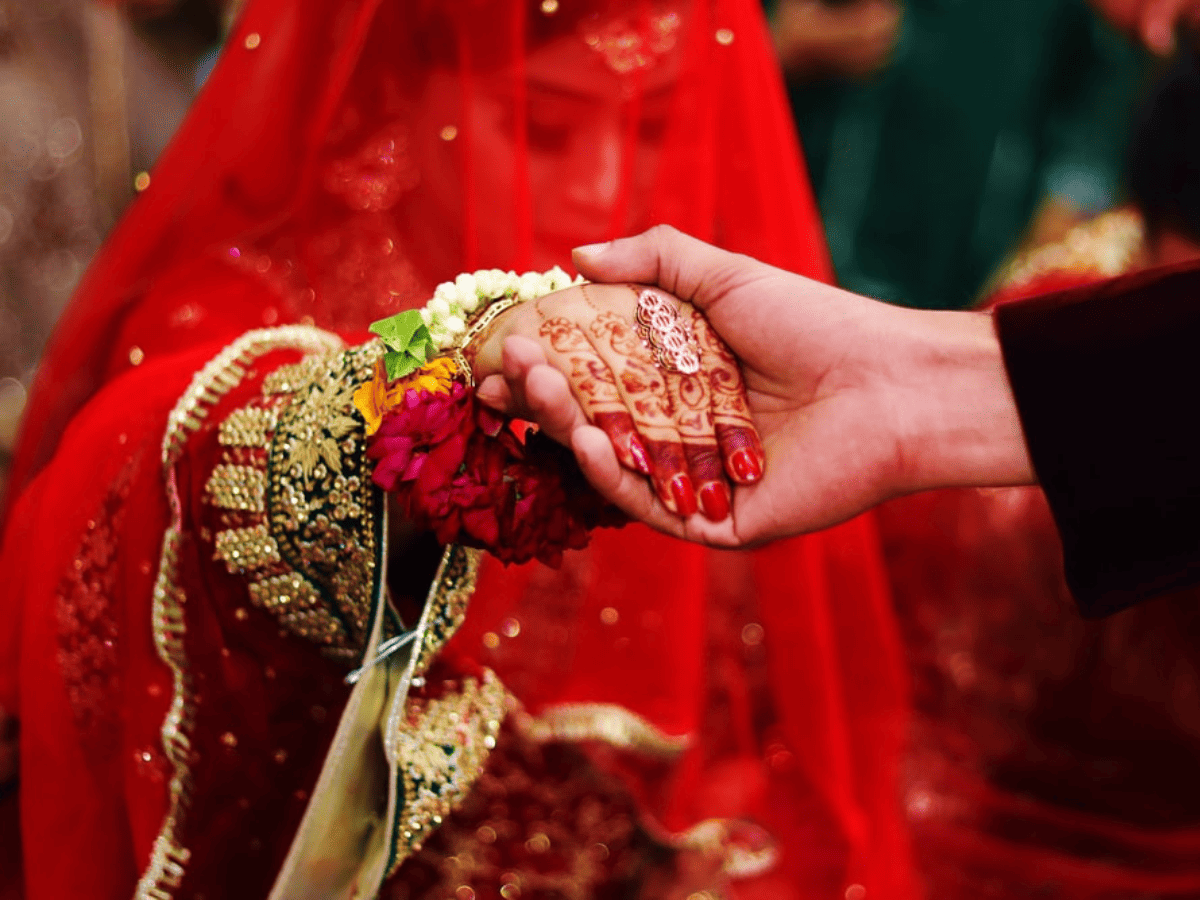
Indore: The Madhya Pradesh High Court on Saturday sought response from the Union government, state, and the All India Muslim Personal Law Board (AIMPLB) on a petition seeking uniform application of the Prohibition of Child Marriage Act for all communities notwithstanding personal laws.
There is a conflict between the Prohibition of Child Marriage Act (PCMA), 2006, under which the minimum age of marriage at 18 years for women and 21 for men, and the Muslim Personal Law (Shariat) Application Act of 1937, said the public interest litigation filed by local activist Dr Aman Sharma.
A division bench of Justices Sushrut Arvind Dharmadhikari and Duppala Venkata Ramana issued notices to the Centre, Madhya Pradesh government and the AIMPLB, seeking their replies in four weeks.
The Muslim Personal Law allows marriage at the age of puberty (typically considered to be 15 years) which contradicts the PCMA, said petitioner’s counsel Abhinav Dhanodkar.
The PIL sought a judicial declaration affirming the primacy of the PCMA over conflicting personal laws, and a directive for legislative amendments to ensure uniformity in the legal age of marriage across all communities, he said.
Early marriage not only jeopardizes the health and education of minor girls but also perpetuates socio-economic disadvantages and gender inequality, the lawyer told reporters here.
Under the PCMA, violation of the marriageable age rule invites two years’ rigorous imprisonment or a fine of Rs 1 lakh, or both.



